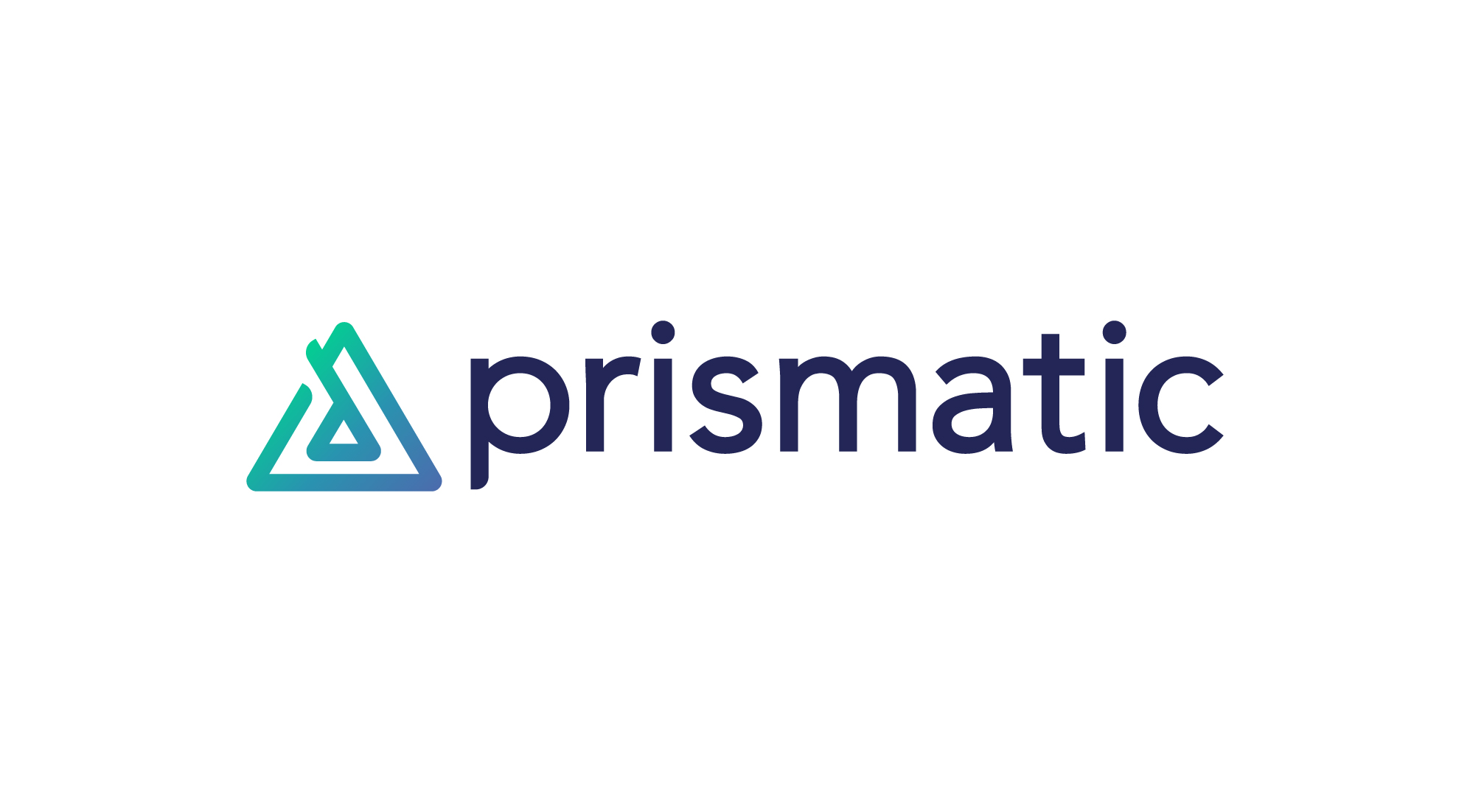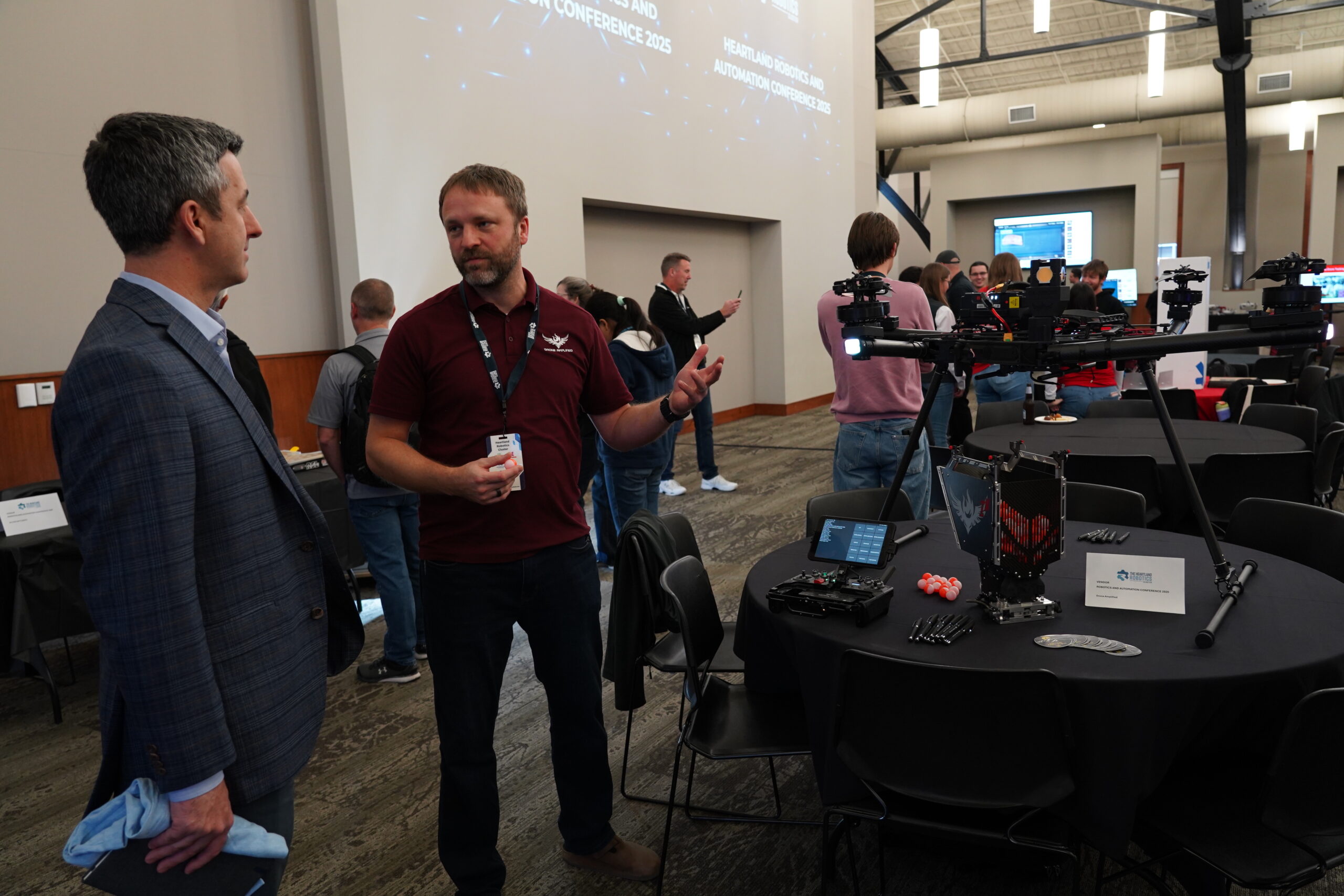An Interview with Michael Zuercher about how a successful exit of his first company led him and his co-founders to their next startup, Prismatic.
Many entrepreneurs set out to disrupt a market and that is exactly what Michael Zuercher did and now he’s ready to do it again with a new company with trusted co-founders, Beth Harwood and Justin Hipple. Building a solution from expertise is one of the best businesses you can start. Domain knowledge provides a path and unfair advantage to discover niche problems that many other entrepreneurs may not even be aware of. After a successful exit after 15 years of building his first company, the team has moved on from Zuercher Technologies to a new startup, called Prismatic.
Michael Zuercher founded Zuercher Technologies in South Dakota, which provided a full offering of software for public safety organizations including law enforcement, 911 dispatch, and fire departments. The software managed everything from plotting 911 calls on a map for dispatchers to case reports for officers. It was the system of record for nearly all information at a public safety agency.
“I founded the company and was its CEO, and Justin and Beth were both very early, very influential members of the team, who held increasingly senior roles as we got larger. We worked together for more than ten years, growing the company from just a couple of people serving just one local customer to more than 200 people serving thousands of customers nationwide.”
Zuercher Technologies grew from day one and went through a round of private equity ownership over the course of 15 years. They grew from a small startup to a market disrupter in that time, “which was a big part of the end goal we set out to achieve very early on,” said Michael. He felt it was a natural time to move on when he felt the company was positioned well to continue to grow and solve problems in its industry.
After working in the industry and becoming experts Michael, Beth, and Justin had been led to a new problem they could solve. “A key part of serving our public safety customers well was integrating our solution with various third party systems that our customers used such as 911 phone systems, national criminal databases, and citizen information portals.” These integrations, which were at times, standardized, sometimes also required a custom approach. It provided a challenge that would slow down efficiency, yet integrating was a key part of Zuercher Technologies offerings.
This problem is what led Michael, Beth, and Justin to their next startup. “This realization, combined with the belief that integrations have an impact on the success of software projects that extends to nearly every corner of the software world, has led us to start Prismatic. We are building a platform to remove as much of the pain of building and managing integrations as possible, which will allow our customers to serve their customers better.”
Michael (right), Beth (left), and Justin (middle) have taken their discovery of this problem, along with their general acquired business knowledge, to solve this problem at Prismatic. “I’m a big believer in learning by doing, and our last company gave us tons of opportunities to do just that. Looking back, it’s incredible how little we knew at the outset about everything from finding product market fit to managing teams to scaling a sales team.” With Prismatic, the co-founding team is able to build on their previous experiences and be highly focused on solving the integration problem for their customers without having to learn some of the startup and “running a company” basics.
Prismatic is currently pre-revenue and working on building their product out. They are actively interviewing and speaking with the customers they are focused on serving to refine their offering and solving the problems that they care about most. They are building their early team, which is important for them and their success.
“With Prismatic, there’s a huge advantage to the three of us founders having trust and deep respect for each other right out of the gate. I think in many ways those things can only be gained through experience, and I can’t think of much better experience than being in the trenches together growing a startup for ten years.”
At Zuercher Technologies, there was a lot of focus and emphasis placed on organizational health. “Team dynamics is certainly part of that equation, along with things like transparent communication and being intentional about all the things that go into managing people”. As a result, Zuercher had a very solid team across the whole company, and team dynamics benefited both as a leadership team but also company-wide. They will put this same emphasis on organizational health at Prismatic.
For more information, visit Prismatic.io.



